WORDS LIM TECK CHOON
Data from a survey published in 2023 found that the average Malaysian is online 8 hours every day, with almost 3 hours spent on their social media.
On the other hand, some studies suggest that excessive screen time can lead to increased levels of stress and anxiety. This could lead to actual physical illnesses.
So, how can we reconcile the time we spent on social media with the potential repercussions of such a habit?
THE DARK SIDE OF DOOMSCROLLING
 FEATURED EXPERT FEATURED EXPERTDR RAVIVARMA RAO PANIRSELVAM Psychiatrist Hospital Miri |
Psychiatrist Dr Ravivarma Rao Panirselvam tells us: “Harmful social media use is when the user’s day-to-day function is affected, such as at their jobs and other roles in society.”
He further explains that the speed and scale of social media interactions can encourage the need for instant gratification, which is a potentially addictive behaviour.
Hence, the term ‘doomscrolling‘ is coined to describe the act of endlessly scrolling through social media or online platforms, compulsively consuming news.
Certain studies have found that that passively taking in such a high volume of information can actually be harmful to our mental health.
THE FEAR OF FOMO
Unhealthy digital consumption habits can also amplify our regular human emotions and insecurities.
This can be seen in a phenomenon known as ‘fear of missing out‘ or FOMO, which describes the perception that we are missing out on fun experiences, crucial information, and chances to form social connections. FOMO typically arises from the constant comparison of our regular lives to that in other people’s highlight reels.
“Sometimes we as users are not cognizant that content that is posted online is heavily curated and serves a purpose which may be far off from reality,” Dr Ravivarma Rao says.
He explains that there is ample published evidence that social media can affect its users’ self-esteem.
“We tend to compare ourselves to those who are more ‘socially upward’, making us feel bad about ourselves,” he elaborates.
IT’S ALWAYS A GOOD TIME TO GO FOR A DIGITAL DETOX!
The term ‘digital detox‘ means disconnecting ourselves from digital media for a period of time.
The benefit of this detox is that it allows us to experience a ‘mental reset’, to reflect and assess how we are consuming digital content. It gives us the space to regain control of our focus and rediscover the people and things that are truly meaningful to us.
SOME TIPS TO GET THE DETOX GOING
Practice self-regulation.
Avoid impulsive actions, understand why we feel certain emotions, and take our time to respond appropriately.
Within the digital sphere, this means making sure that the digital content we consume match your personal values.
Set our boundaries.
Allocate specific periods of time for checking the news or social media. No peeking at other times!
Start with small breaks between going online, and once we are more used to these breaks, increase the duration of these breaks.
Curate our feeds.
Unfollow or mute social media accounts and pages that consistently share distressing content that make us angry or drive us into FOMO.
Make an in real life or IRL list.
If we find ourselves picking up our phone whenever we are bored or restless, we can make a list of alternative IRL things that we want or need to do.
On the list can be things such as catching up with friends in real life, taking up a new hobby, or doing chores that we have been postponing all this while.
Use this list as a guide on what we can do the next time we feel the urge to check our social media.
DON’T GIVE UP WHEN THE GOING GETS TOUGH
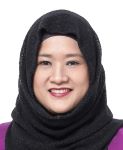 FEATURED EXPERT FEATURED EXPERTMEDIHA MAHMOOD Chief Executive Officer The Content Forum Website |
Digital detox can be challenging to do, especially when we’re so used to consuming digital media for long periods of time.
However, we shouldn’t give up so soon. It is common to experience setbacks and ‘relapses’ at first. Each time we slip up, we should evaluate the possible reasons for the setback and take steps to avoid falling into the same situation in the future.
“Cultivating a mindful relationship with our digital world is not just a choice; it’s a responsibility,” asserts Mediha Mahmood, the Chief Executive Officer of the Content Forum. “In an era where our lives unfold both online and offline, the importance of a digital detox cannot be overstated.”
She reiterates the benefits of adopting a healthier digital lifestyle by trying out a digital detox and adopting self-regulation. “Aside from giving you some much needed respite from all the digital noise, unplugging will also help you identify how you can make social media serve you—rather than the other way round,” she points out.
References:
- Howe, S. (2023, August 21). Social Media statistics for Malaysia [Updated 2023]. Meltwater. https://www.meltwater.com/en/blog/social-media-statistics-malaysia
- Nakshine, V. S., Thute, P., Khatib, M. N., & Sarkar, B. (2022). Increased screen time as a cause of declining physical, psychological health, and sleep patterns: A literary review. Cureus, 14(10), e30051. https://doi.org/10.7759/cureus.30051
- McLaughlin, B., Gotlieb, M. R., & Mills, D. J. (2022). Caught in a dangerous world: Problematic news consumption and its relationship to mental and physical ill-being. Health communication, 38(12), 2687–2697. https://doi.org/10.1080/10410236.2022.2106086

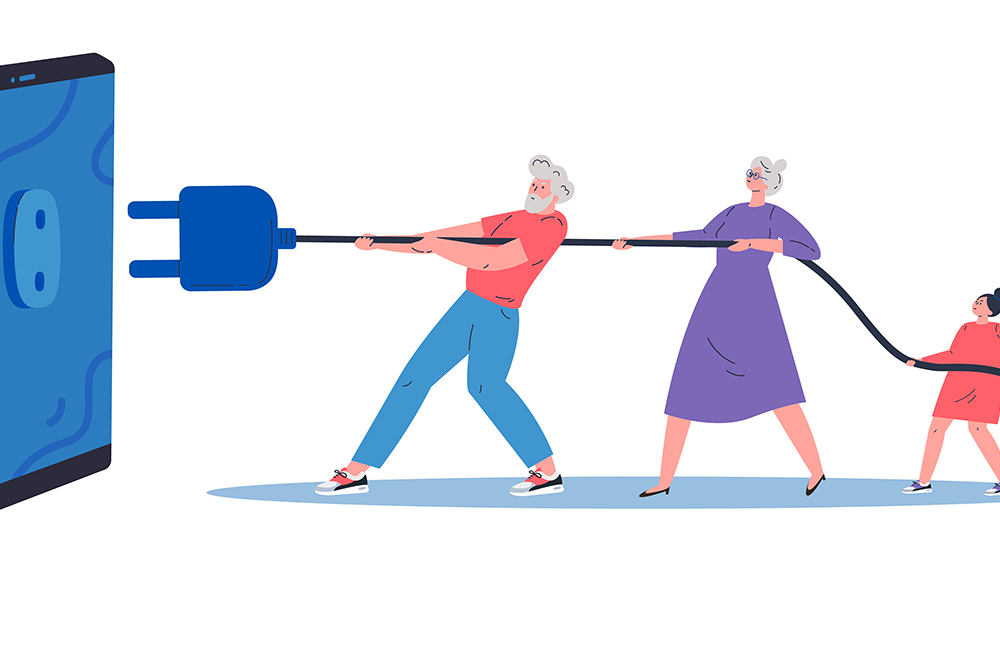


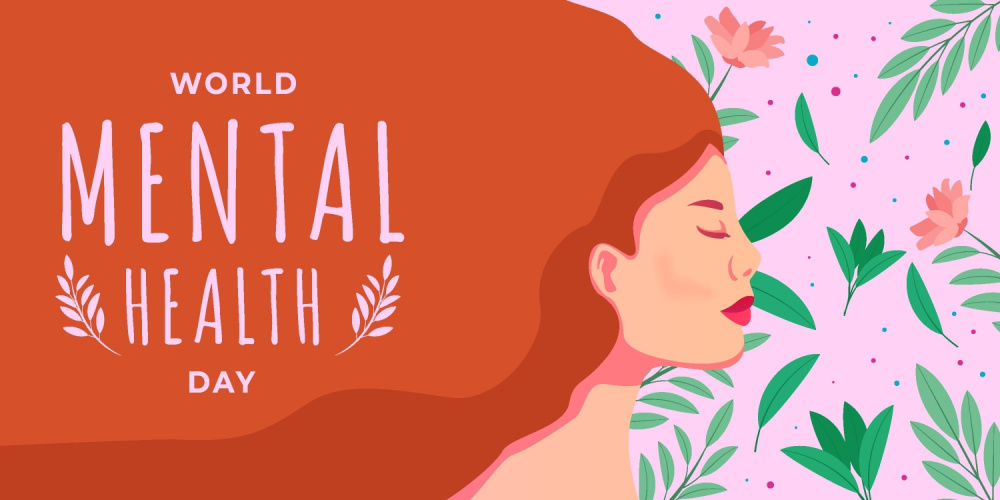

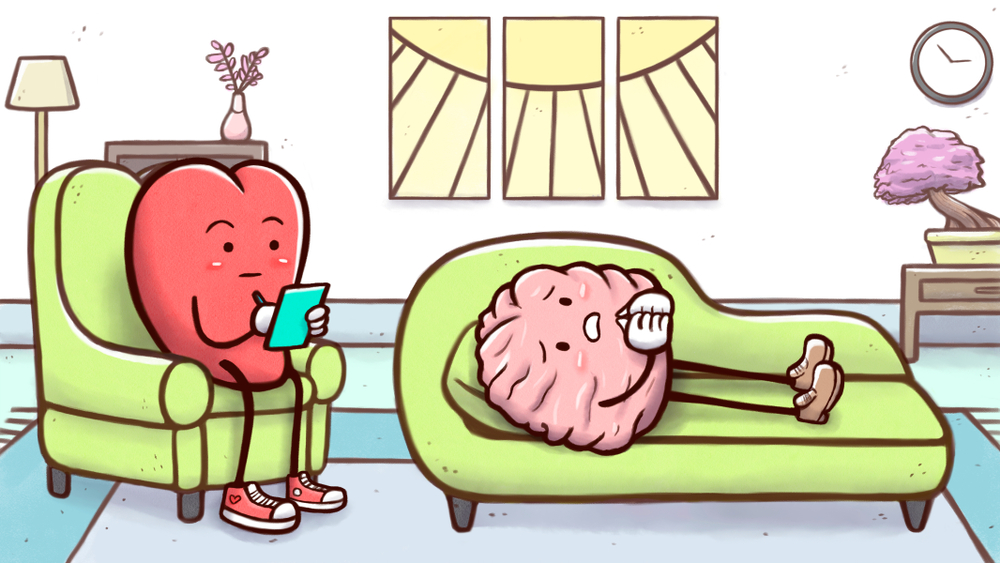





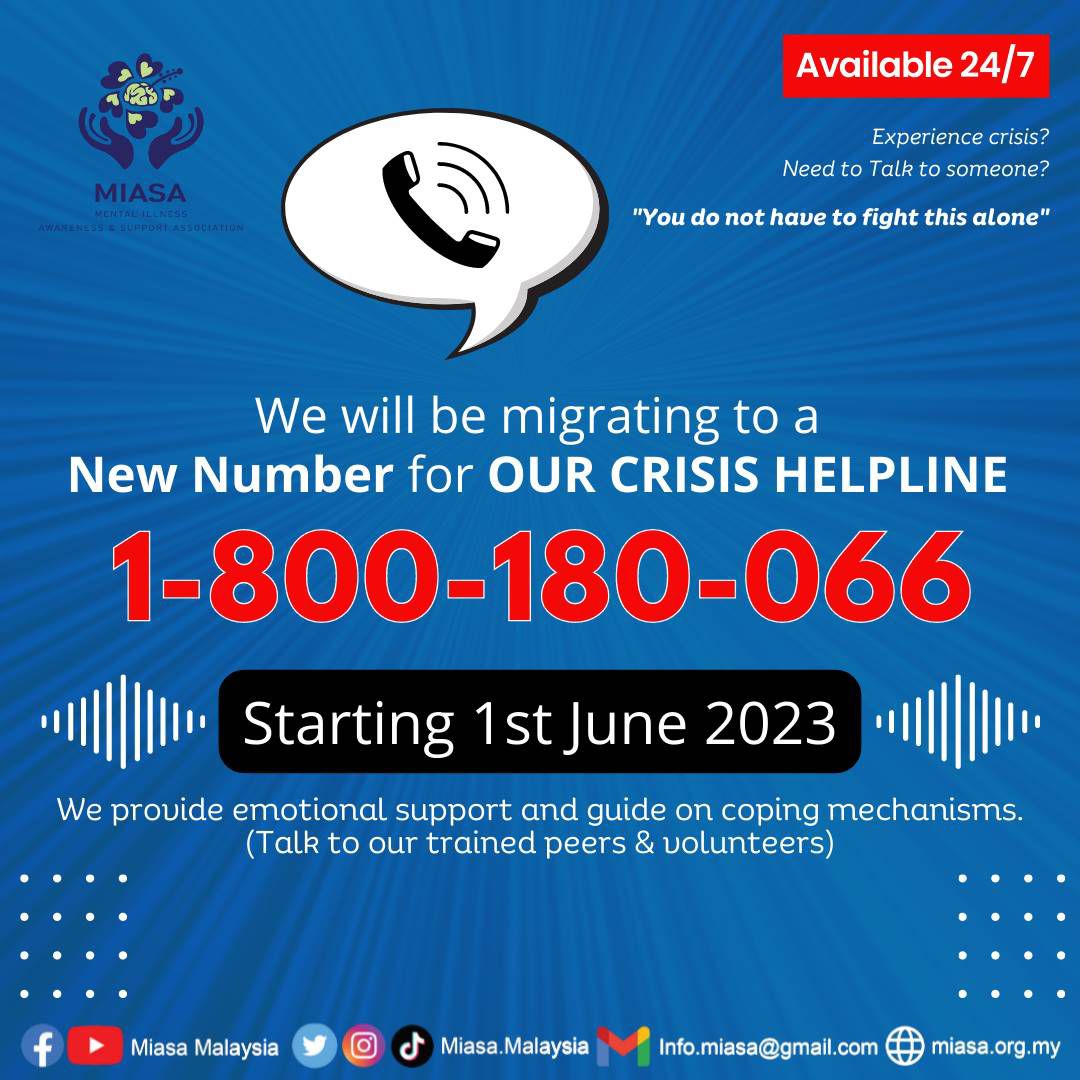


 FEATURED EXPERT
FEATURED EXPERT
 FEATURED EXPERT
FEATURED EXPERT